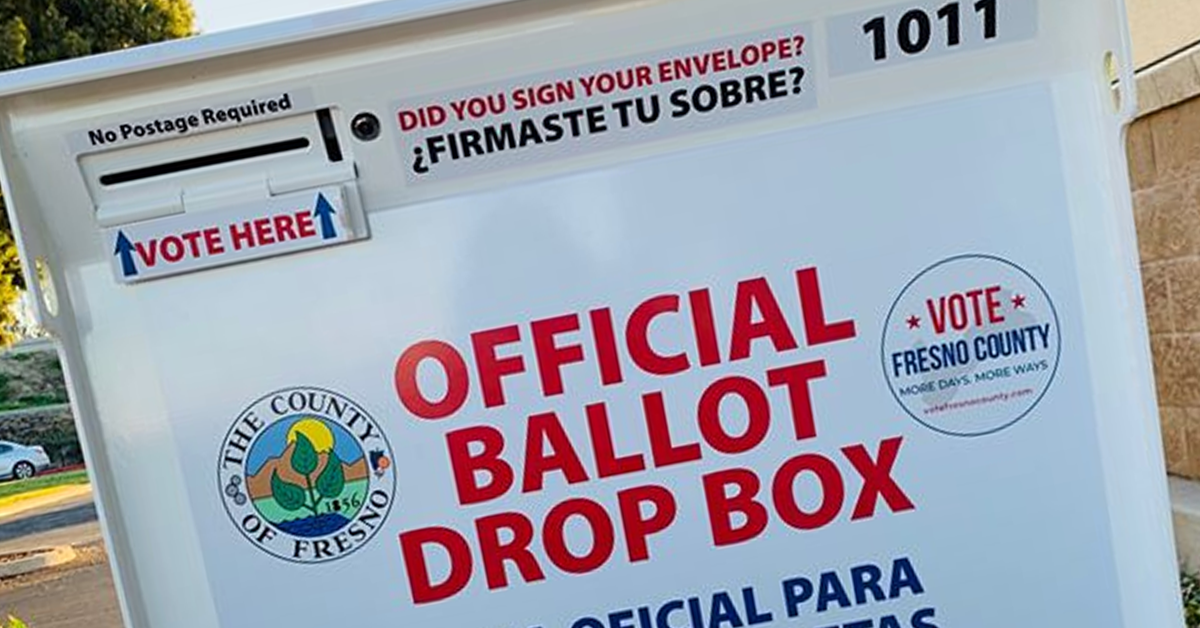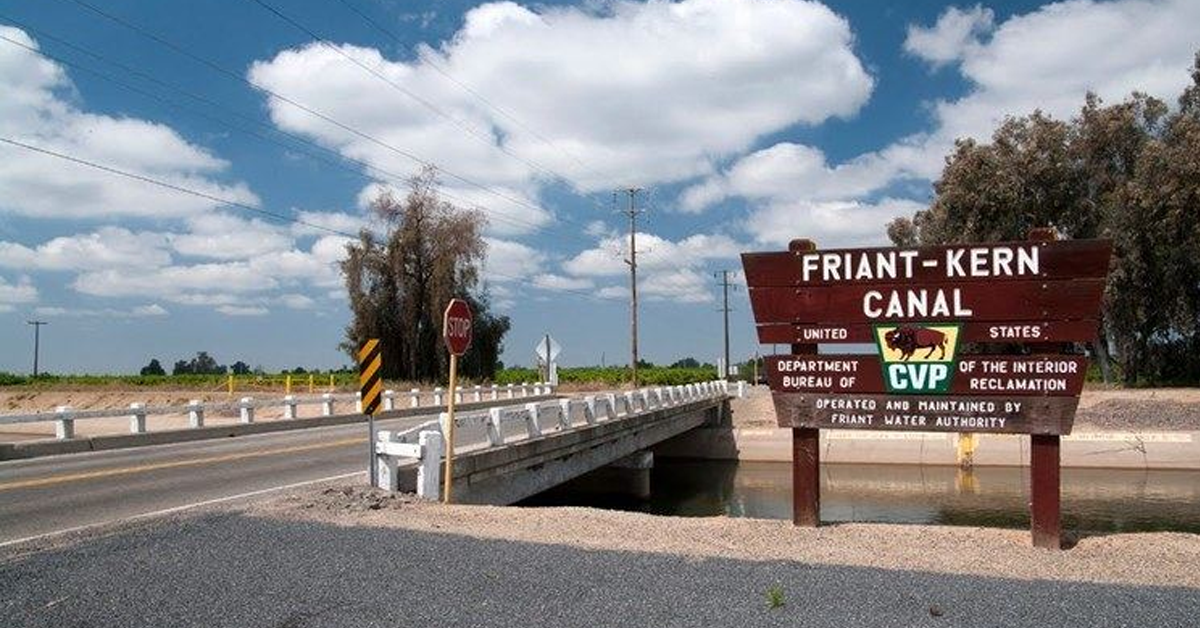A key element of an Obama-era water law is getting fresh scrutiny in Federal courts, this time raised by a northern California Native American tribe.
In August, the Hoopa Valley Tribe filed a lawsuit in a Eureka-based Federal court against the U.S. Department of Interior to block execution of a permanent repayment contracts for Central Valley Project users.
What’s at stake? Stable water resources secured by a bevy of other water agencies across the Golden State by converting short-term water service contracts into permanent repayment contracts with the United States Bureau of Reclamation.
The suit almost exclusively targets the powerful Westlands Water District.
The problem? The nation’s largest water district isn’t even a party to the suit, nor is it the only player involved in contract conversions.
Westlands, for its victories, has become the environmental boogeyman. A mere mention of the district – despite a wide array of other actors – is more likely to draw attention.
It’s that specific detail that led Valley water advocates to argue that the case is a red herring for environmental groups that have exhausted other legal options.
A legal assault on Obama-era law
The conversion of water contracts was a key element of the Water Infrastructure Improvements for the Nation (WIIN) Act, a bill negotiated between Sen. Dianne Feinstein (D–Calif.) and then-House Majority Leader Kevin McCarthy (R–Bakersfield).
The bill, signed by President Barack Obama in the final days of his presidency, also jumpstarted the development of new environmental guidelines governing water deliveries from the Sacramento-San Joaquin Delta.
Under water service agreements, water users pay a single fee per acre-foot of water used to repay the Federal government for construction costs associated with the Central Valley Project along with its costs for maintaining and operating the project.
By converting to permanent repayment contracts, under the WIIN Act, agricultural water users can prepay construction costs owed to the Federal government.
The Hoopa tribe lawsuit singles out one water user in particular for its conversion of contracts with Reclamation – the estimated $320.5 million prepayment contract executed with Westlands Water District in February.
The Department of Interior has similarly initiated conversion of water contracts with California’s Department of Fish and Wildlife.
Inside the court battle
Last week, the tribe got its day in court to arguing that the contracts invade water rights over the Trinity River without proper environmental review.
The tribe argued that the permanent repayment contracts failed to prioritize water supplies for the Trinity River in-basin flows or require contractors to set aside funds to pay for fish restoration programs.
“These contracts evade the federal government’s responsibility to maintain Trinity River fishery resources that the United States holds in trust for our Tribe. Salmon runs are not just important for our Tribe, but also for other Native peoples of the Klamath-Trinity Basin and non-tribal fisheries,” Tribal Chairman Byron Nelson, Jr. said in a news release.
“Diversions of water from the Trinity River to the Central Valley have had and continue to have a devastating impact on the fish, water, and other environmental resources of the Trinity River that Hoopa relies upon,” the suit waged against the Interior Department reads.
Hoopa tribe lawyer Tom Schlosser, in an interview with GVWire, said that the primary objection rests not on the structure of the contracts but on a perceived sidestepping of other Federal laws.
“It’s not the permanency of the new contracts that’s a problem,” he said. “The problems are that the contracts fail to incorporate important protections for the Hoopa Valley Tribe and the Trinity River that are required by the CVPIA and that they have evaded environmental review.”
Suit is ‘wolf in sheeps clothing,’ local advocates argue
The contract conversion language within the WIIN Act has been among the most-maligned elements of the law.
It’s also sparked a bevy of lawsuits from environmental advocacy groups seeking to similarly halt the execution of agreements with Valley water districts.
In May, a suit filed by three environmental groups – the Center for Biological Diversity, Restore the Delta, and Planning and Conservation League – alleged similar claims against the Interior Department, albeit without reference to impact on the Trinity River.
“This current lawsuit is a familiar rerun of the many radical environmentalist initiated lawsuits that are filled with a whole bunch of noise,” said Valley water advocate Kristi Diener to GVWire. “It is intended to remove the facet from the WIIN Act in which they never wanted in the first place.”











